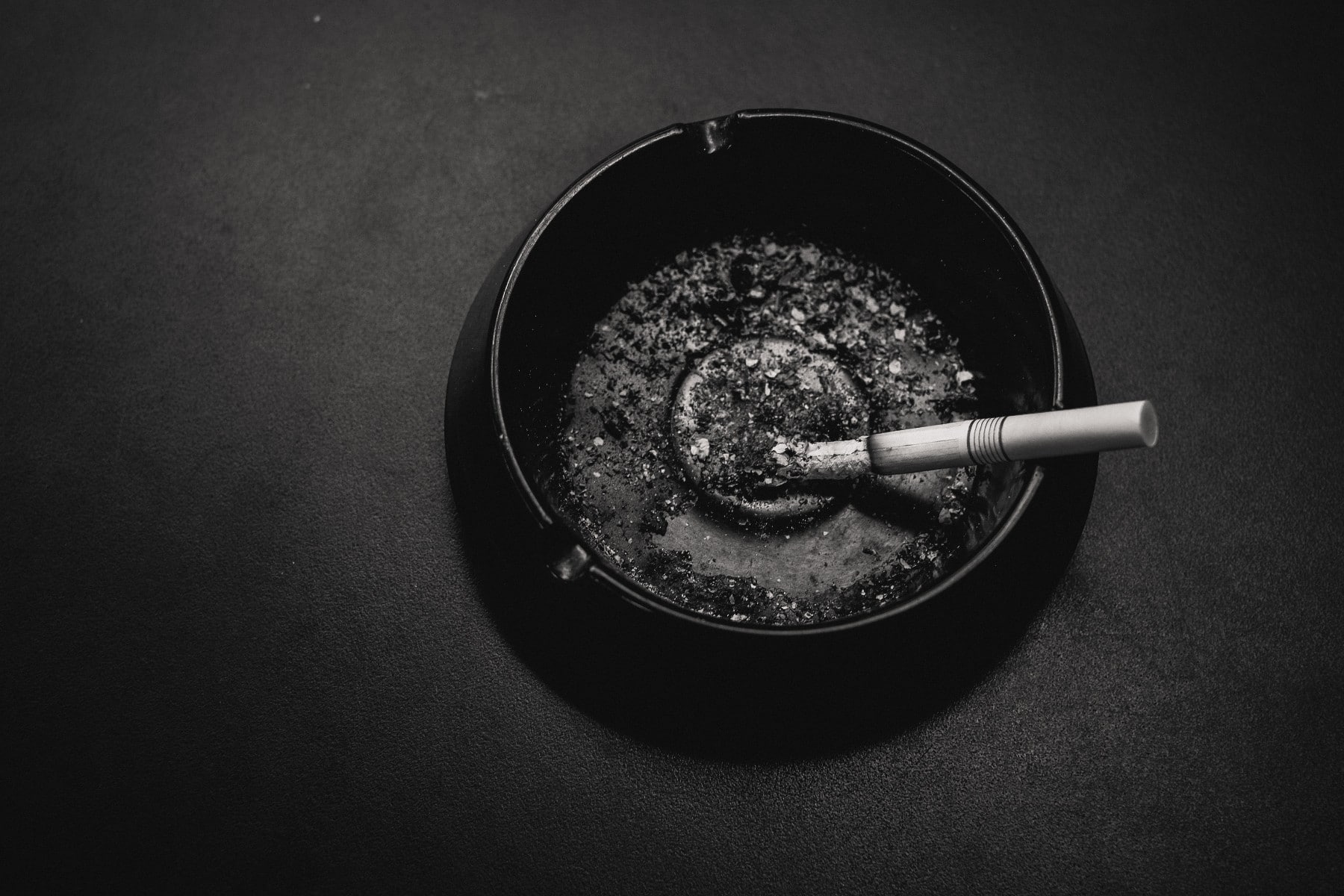For weeks, you couldn’t walk your dog in South Africa. You couldn’t go to the store. You couldn’t jog for exercise—and, when you eventually could, you had a three-hour window to do so. Meanwhile, rival gangs swore truces to deliver food to suffering households, as police brutality soared. At the end of March, the country had instituted perhaps the most severe and controversial lockdown in the world to combat the novel coronavirus. And that included a blanket ban on the sale of alcohol and tobacco—a global outlier in the adoption of such stringent, Prohibition-like measures. You couldn’t drink or smoke there. Or at least you weren’t supposed to.
On June 1, the South African government plans to ease the lockdown restrictions and will allow limited alcohol sales, keeping bars shuttered yet permitting home consumption. However, the tobacco ban—which includes not only cigarettes but all tobacco harm reduction products, like vapes and snus—remains in effect and has no real end in sight.
Now, a recently released and robust study out of the University of Cape Town seems to show exactly what government skeptics and much of the public have been insisting all along: that prohibition doesn’t work. Over a two-week span at the beginning of May, Corné van Walbeek, Samantha Filby and Kirsten van der Zee—economic scholars at the college’s Research Unit on the Economics of Excisable Products—surveyed more than 16,000 people about how they’ve been affected by the country’s cigarette ban.
“Our findings suggest that the ban on cigarette sales is failing in what it was supposed to do,” the study reads. “While the original intention of the ban was to support public health, the current disadvantages of the ban may well outweigh the advantages. Smokers are buying cigarettes in large quantities, despite the lockdown, and unusual brands are becoming prevalent.”
“The 1920s script of what happened in the US during Prohibition is happening now in South Africa.”
Nobody has really ditched the habit, which the government noted was the entire purpose: Since the lockdown, the survey found that around 41 percent of smokers have tried to quit—though only 39 percent of that group said they were successful, compared to the 61 percent who said they weren’t. And whenever the government does permit cigarette sales again, 12 percent of the quitters stated they’d pick smoking back up.
“The 1920s script of what happened in the US during Prohibition is happening now in South Africa,” said Derek Yach, the president of the Foundation for a Smoke-Free World,* who is South African. “This goes to prove the lengths people will go to—the innovation they’ll adopt—to track down what they want.”
Instead of buying cigarettes from major retailers such as Spar, something like South Africa’s version of Walmart, people have simply turned to unregulated corner shops in their townships, to street vendors, and to their friends and family. Unfamiliar and sometimes completely unheard of brands have become more prominent, too, as major ones have virtually disappeared. Pushing many tobacco purchases to the illicit market has cost the country perhaps billions of dollars in potential tax revenue.
Plus, sales of single cigarettes—an act that’s not technically illegal but generally frowned upon—have significantly increased. This may indicate a high level of dependency: that smokers really need one more cigarette, and then one more. But it certainly offers an easier entry-point for people who don’t already smoke.
Nkosazana Clarice Dlamini-Zuma, the official leading the nation’s coronavirus response and the wife of the country’s former president, has nonetheless been outspoken in her support of the order, encouraged by some public-health groups and medical experts to believe that smoking could aggravate symptoms of COVID-19—despite the fact that leading tobacco harm reduction scholars are studying possible preventive effects of nicotine on the coronavirus. And even though the current president, Cyril Ramaphosa, hinted at the end of April that the tobacco ban would be lifted, Dlamini-Zuma has just doubled down on her stance.
Some critics of Dlamini-Zuma have even accused her of outright corruption, speculating that she is simply helping a noted tobacco smuggler, Adriano Mazotti, to line his pockets as the underground market thrives—a claim that both of them denied after somebody photographed them together.
Conspiracy or not, the University of Cape Town paper breaks down how the logic of this tobacco prohibition has already failed.
“There is no study that if you ban legal cigarettes, habitual smokers are just going to stop smoking,” said Tony Leon, South Africa’s former leader of the opposition from 1999 to 2007 and now the executive chairman of the communications firm Resolve. “There are 11 million smokers in this country. This ban has not turned them into 11 million nonsmokers.”
South Africans did not simply quit smoking because they had been ordered to. They actually appeared to do the exact opposite, continuing to smoke while defying their government’s order; they kept obtaining cigarettes and potentially putting themselves and others in danger by spreading the virus. The government’s strategy is an even more blatant one than those of certain states in the US—where New York, for example, approved a flavored vape ban under the radar as citizens stay preoccupied with the coronavirus.
It all illustrates how the pandemic can be a way to advance certain pre-existing political aims.
“You can’t use the prejudice of something,” Leon said, “for the basis of public health.”
* The Influence Foundation, which operates Filter, has received restricted and general support grants from the Foundation for a Smoke-Free World. Filter‘s editorial independence policy applies.





Show Comments